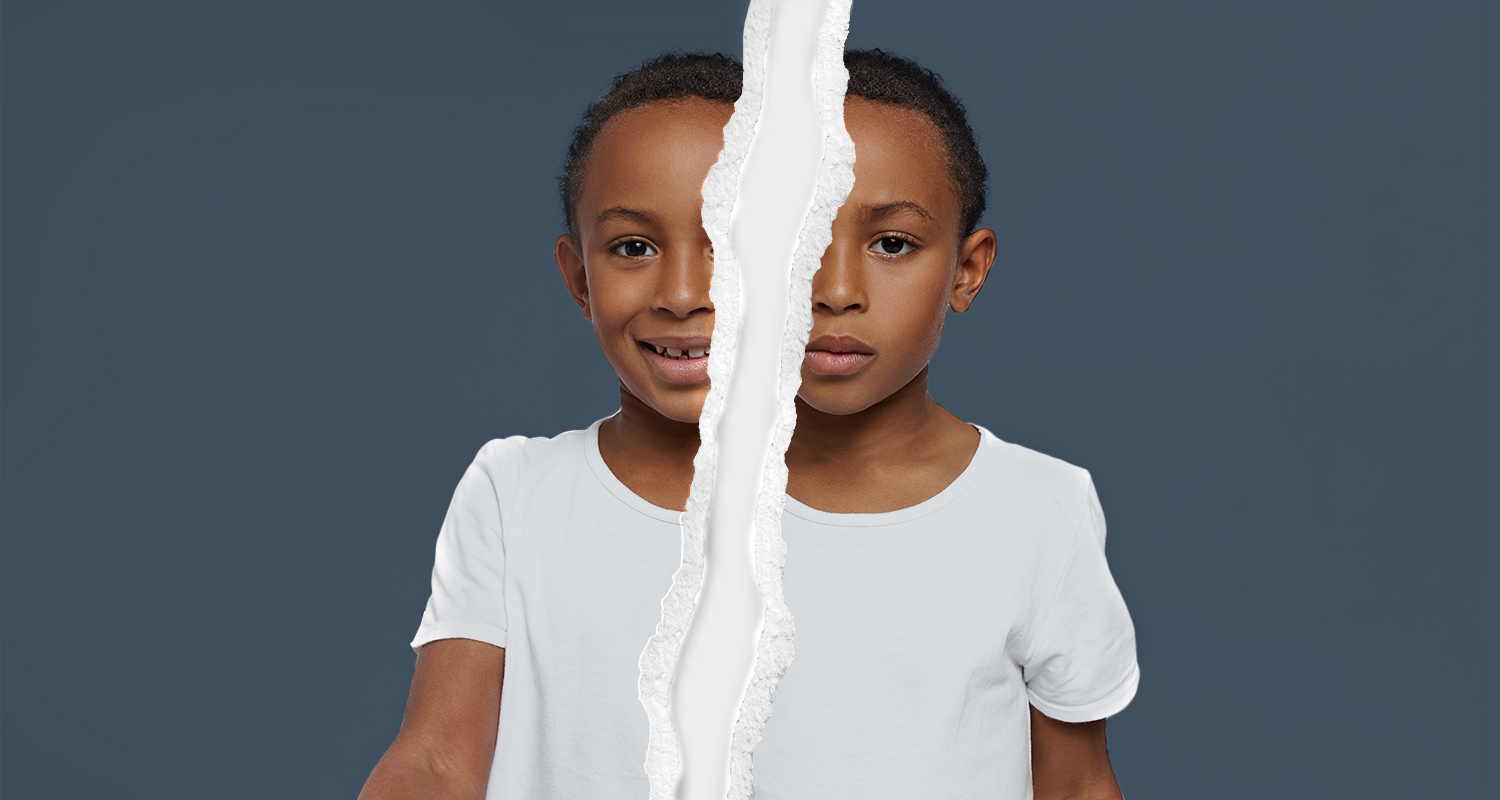
2025 Youth Mental Health Report
Growing up is a challenge
The toll on youth’s mental well-being becomes increasingly evident.
Tips & Tools for Parents & Caregivers
Growing up is a challenge on its own, but when you factor in the pressures from social media, incidents of mass violence and various societal issues, the toll on youth’s mental well-being becomes increasingly evident. And experts are still working to quantify the added impacts children experienced during the COVID-19 pandemic. The goal of this report is to shed light on this growing problem, help parents know how they can help their kids and understand what support is available for your family.
Warning Signs
- Changes in sleeping or eating patterns
- Persistent sadness
- Losing interest in or withdrawing from activities
- Substance use
- Hurting oneself or talking about suicide
- Frequent headaches or stomachaches
- Difficulty concentrating
- Changes in academic performance
- Avoiding or missing school
- Changes in mood, including outbursts or extreme irritability
How to Talk About Mental Health
We know kids don’t always show signs of mental health concerns and can be good at hiding what they are going through or feeling. That’s why it’s important to have conversations about mental health and ask about their mental health.
Having these conversations normalize mental health for your kids and also clues you into any issues your kids might be experiencing. Download the report for more examples of how to start these conversations with your family.
Screenings
The U.S. Preventive Service Task Force is made of up health professionals and psychologists who evaluate evidence on various preventive health services. The task force now recommends regular anxiety screenings for youth ages 8 to 18 and regular depression screenings for adolescents ages 12 to 18. This can be done with your primary care physician, school counselor or mental health professional.
Getting Help
It’s hard to know when to ask for professional help. If you are wondering if you should seek care for your child, the answer is yes. By the time you are considering this, it is time to seek support. Here’s how Centerstone can help:
Centerstone provides services inside more than 900 public schools across the country. This allows kids to receive the necessary treatment while preventing barriers to care such as transportation. This program is vital in providing early intervention and helping kids get the help they need. In addition to mental health benefits, partnerships between schools and community partners have proven to enhance academic success, improve attendance, create a positive school climate, improve discipline rates and increase graduation rates. Learn more here or contact your school’s school counselor to get started.
Centerstone’s psychiatry team can work with your child to help manage symptoms through medication. The team works closely with your child’s other providers to make sure medications are working well and adjusted as needed over time. Learn more here.
When maintaining focus is a challenge, Centerstone can help. Our multidisciplinary treatment teams provide comprehensive evaluations and treatment for children with ADHD. Learn more here.
Getting Started
To get started in care, visit our Get Help page.
If you have a question, email us at communications@centerstone.org.
Get Help

